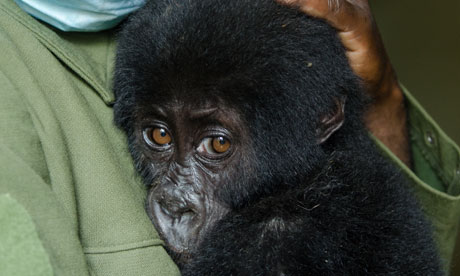PETA’s expose on the United States laboratory culture is hard to read about.
It seems that labs were going to the homeless cats and dogs’ home and buying cats to use in research!
The story of Tiger – or as the University of Michigan's Survival Flight training program called him “E8269” – is heartbreaking.
Fortunately
PETA’s campaigning has caused labs to stop this practice…with cats.
Pigs are not so fortunate.
This story is reprinted from PETA’s laboratory campaign article.
“Tiger's intake report showed that he was a healthy, friendly cat when he entered a University of Michigan (U-M) laboratory. Five days later, Tiger was dead.
While Tiger's name before he was taken to the laboratory may never be known, once there he was treated as little more than a label, a cat known as "E8269." Given his stripes, we're honoring this handsome cat with a name more befitting him, Tiger.
Like the cats many of us share our homes with, he probably enjoyed being scratched behind the ears and purred when he saw his food dish. But U-M officials certainly didn't care about Tiger's likes and dislikes when they tossed him into their intubation training lab—a grim laboratory in which cats had plastic tubes forced down their windpipes—and then killed him.
PETA exposed the abuse of animals in the University of Michigan's Survival Flight training program. We showed that university officials misled the public when they said that all the cats in their labs—healthy, lovable cats like Tiger—were adopted after they endured hideous procedures in the course. In fact, records show that more than half of the cats used in recent years were quietly killed.
PETA's exposé and vigorous campaigning caused a public uproar. Unable to ignore our fury, U-M announced that it had ended its use of cats in its laboratories—a wonderful victory for cats!
The cats have been replaced with modern, effective simulators. But U-M plans to continue to harm and kill pigs for other procedures in this training course.
That means that gentle, intelligent pigs will have holes cut in their throats and chests and needles jammed into the tissue surrounding their hearts and will ultimately be killed just as cats like Tiger were. Pigs continue to suffer at U-M, and millions of other animals are suffering right now in cruel chemical, drug, food, and cosmetics tests, biology lessons and training exercises, and horrible experiments." PETA, 2012
WHAT YOU CAN DO
Make a
donation to help PETA fight for the replacement of pigs at U-M with simulators and support all our lifesaving efforts to expose and stop cruelty in university laboratories or wherever it occurs
Speak out in your local areas about the use of animals in research. With the technology of today, there is NO NEED. EVER.
Be careful and do your research when you buy cosmetics and other products that may have been tested on animals. The company may use third party testing companies so don't be too trusting! For example, Avon and Estee Lauder have stated that they do no test on animals, however they do contract a Chinese company to do that for them. Sneaky sneaky Avon. Boycott these companies and make it know to your friends and family that you do and why.





















